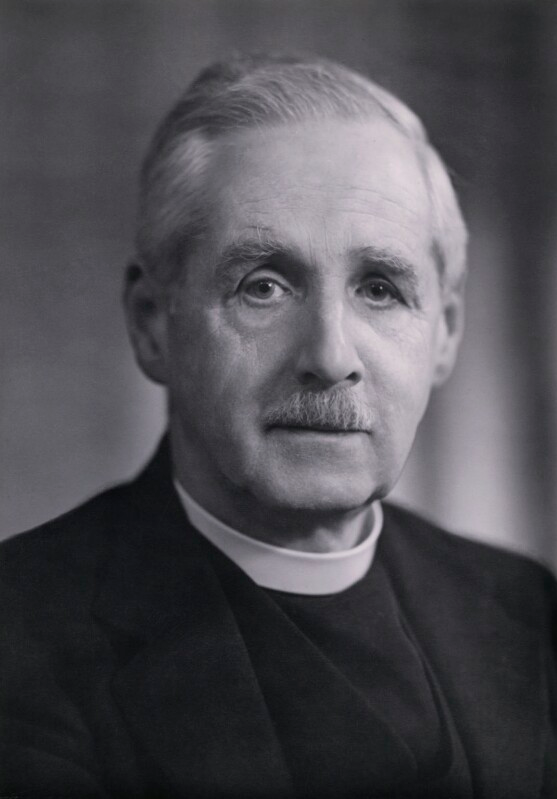John Baillie
- Nationality
- United Kingdom
- Date of Birth
- 1886
- Date of Death
- 1960
- Political
Preference

After having been the Roosevelt professor of Systematic Theology at Union Theological Seminary in New York, John Baillie returned to his Scottish homeland and became professor of divinity at Edinburgh University from 1934 onward. Representing the Church of Scotland in ecumenical gatherings like that of the Life and Work movement in Oxford in 1937 and the WCC Assemblies in the post-war era, Baillie became Vice-Chairman of the WCC’s Study Department and later, from 1954 until his death in 1960, one of the World Council’s five presidents.
During the Second World War, Baillie was a corresponding member of the Peace Aims Group, though records show he could hardly ever be physically present at its meetings. Simultaneously, however, he did lead a group on post-war politics specific to the Church of Scotland officially named the Commission for the Interpretation of God’s Will in the Present Crisis, though it was known colloquially as the Baillie Commission.
His involvement in the Baillie Commission and the Peace Aims Group acquainted him with the political challenges for countries in Europe in the post-war era and so he joined ECEC after its founding. The esteem of Baillie as a scholar and as a public theologian can be illustrated with two honours bestowed on him towards the end of his life: in 1957, Queen Elizabeth II picked him as one of her Companions of Honour and in 1960, he was invited to read the prestigious Gifford Lectures. Although he did prepare these lectures, he passed away before the academic year for which they were slated. They were read posthumously by fellow Scotsmen John McIntyre and T.F. Torrance.


